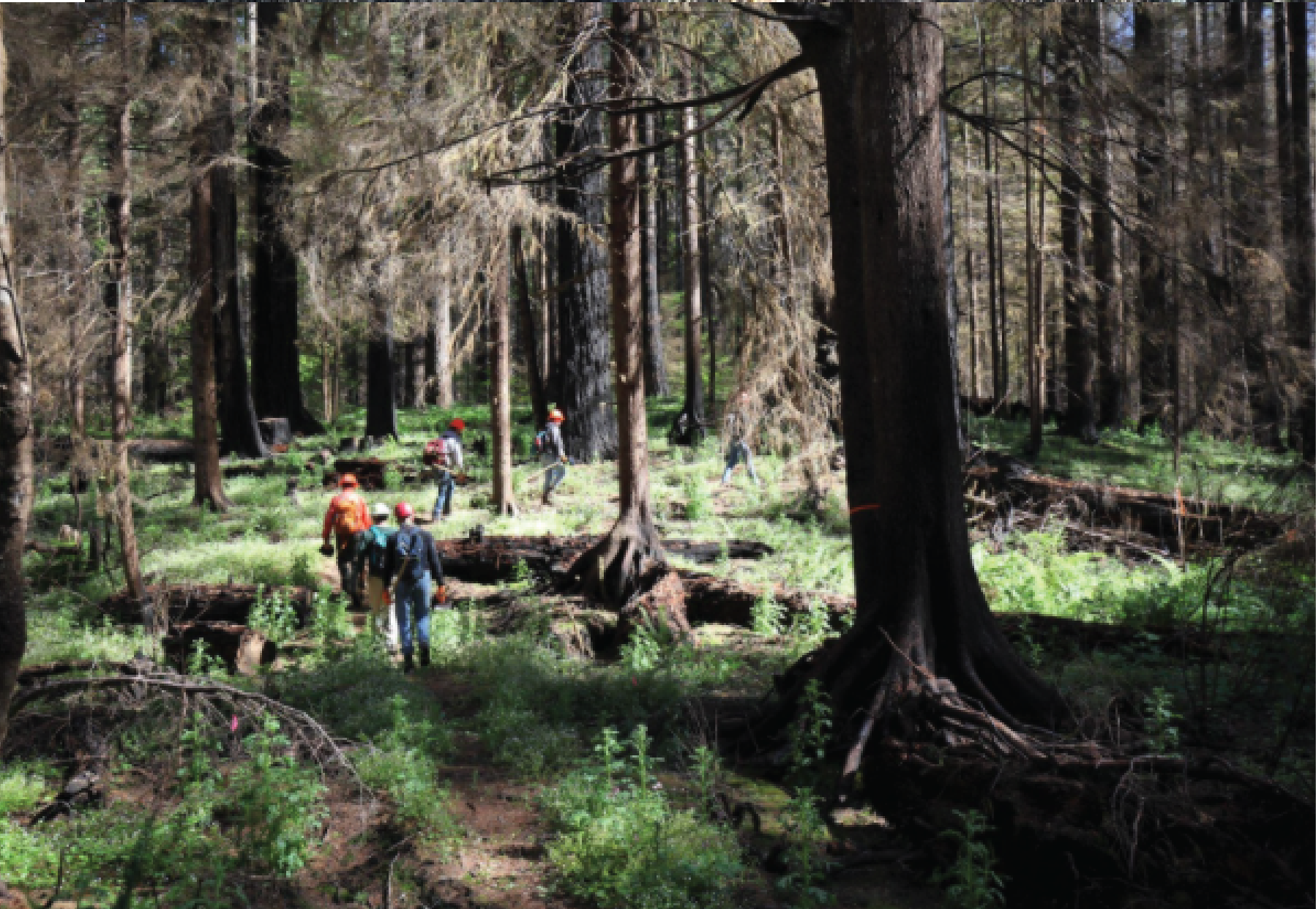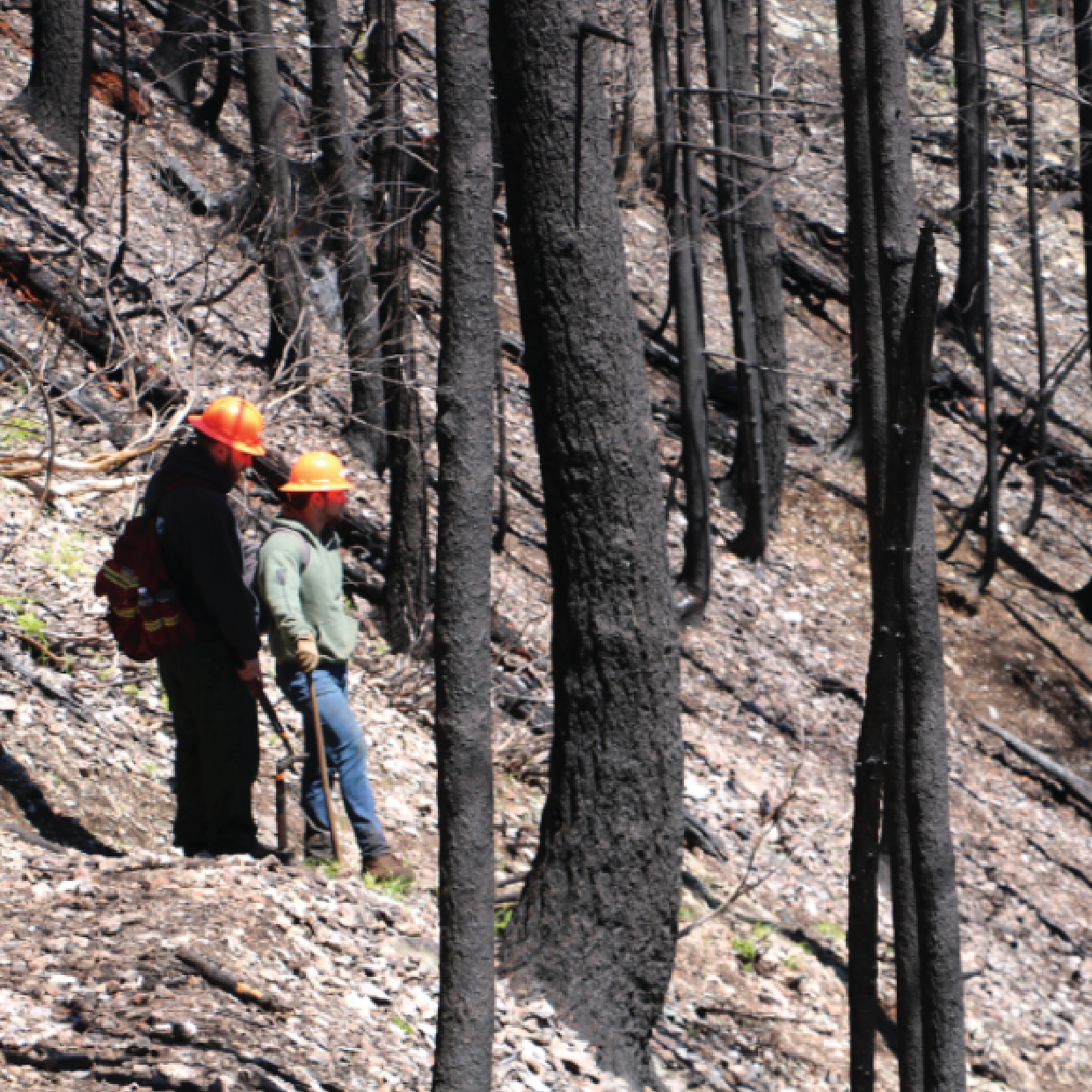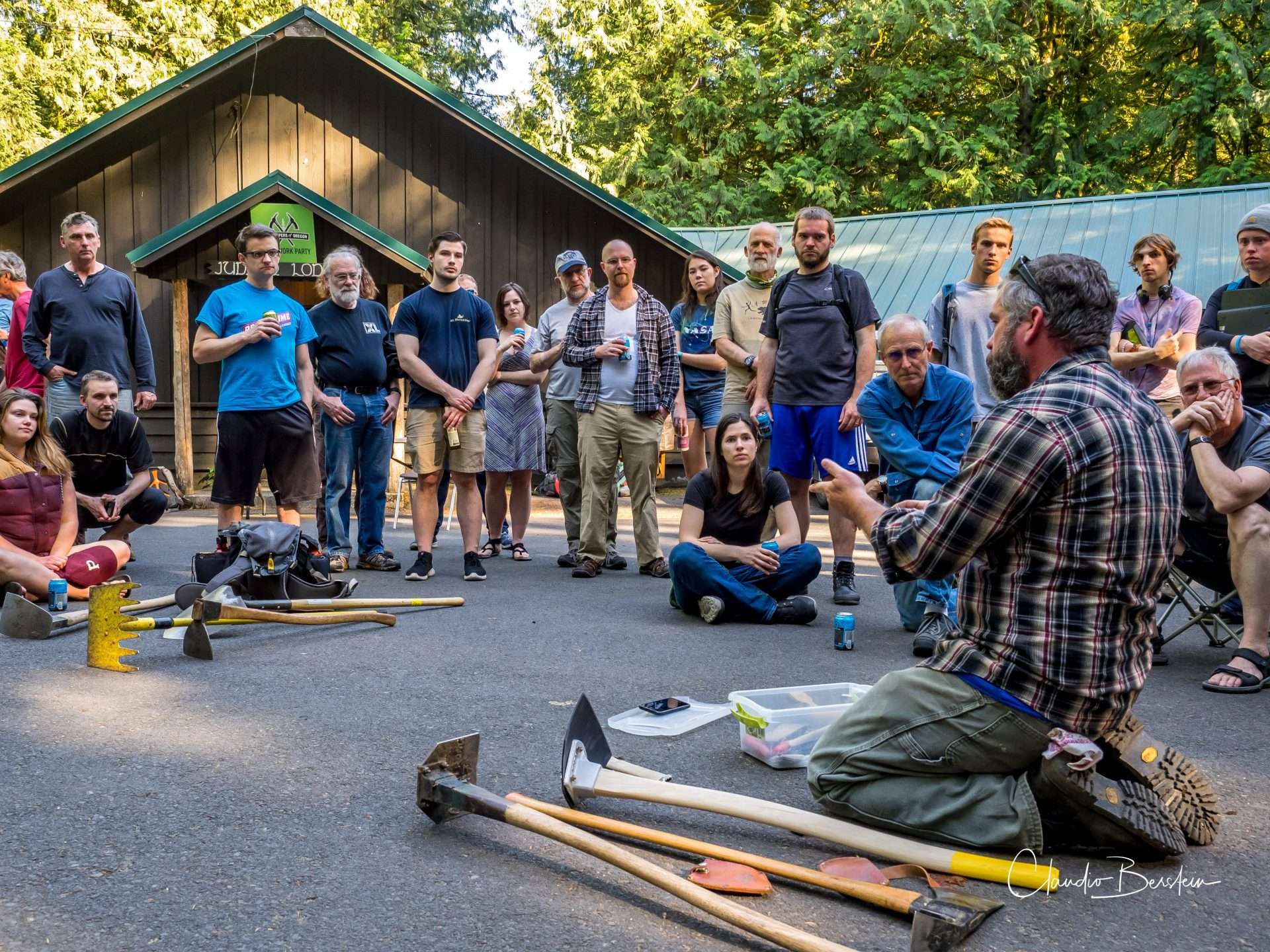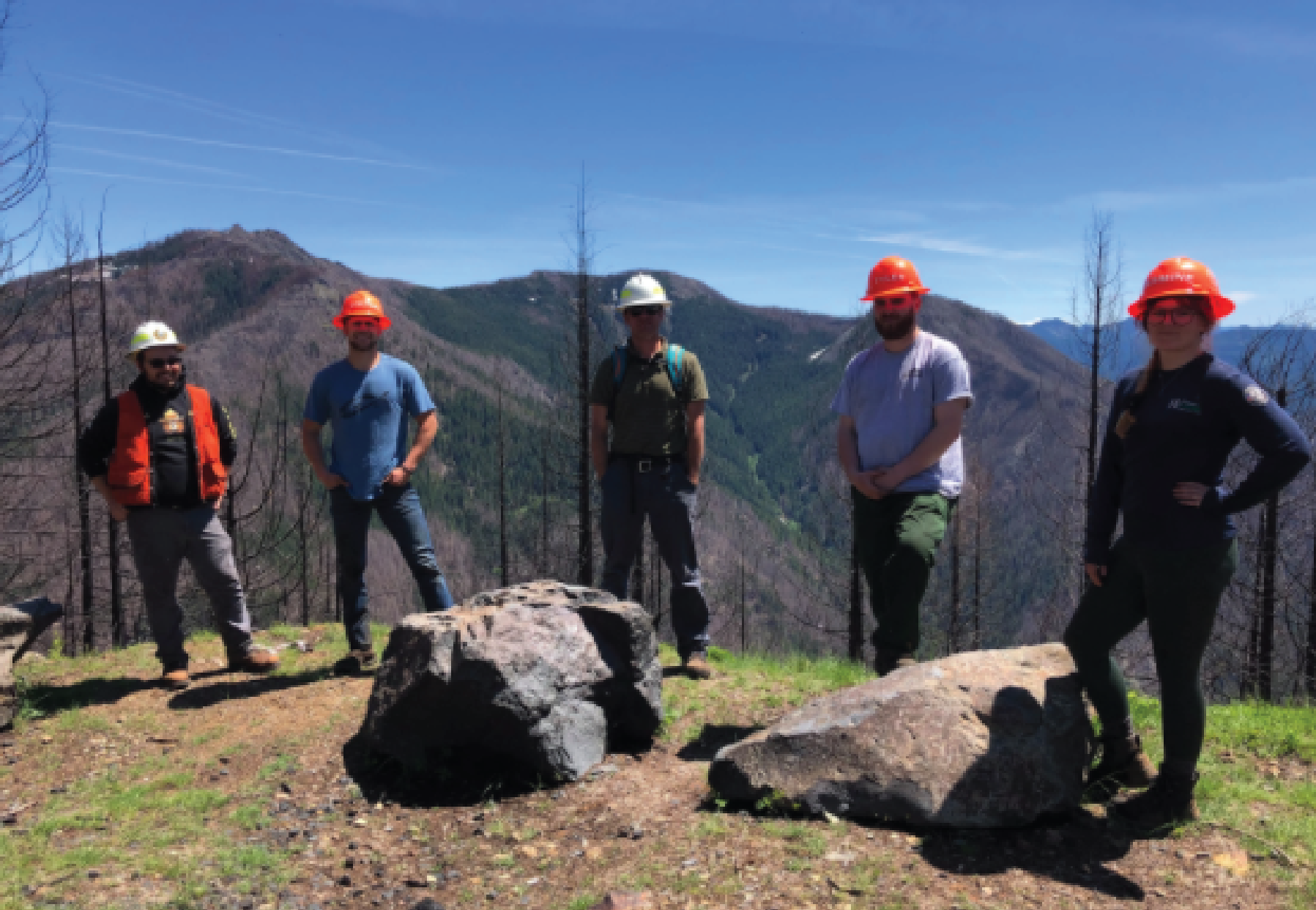Field sites in Santiam canyon/corridor, staying at Camp Taloali outside of Stayton, OR
TKO has been engaging communities in trail restoration in the Eagle Creek fire-affected area of the Columbia River Gorge since 2018 and now have been working in a number of areas damaged by the historic 2020 Labor Day fires. Guided by that experience, we are leveraging the power of partnership to rebuild trails after a wildfire and restore our connection to Oregon’s special places. TKO Crew Leaders, as well as partner and agency instructors, will deliver a comprehensive trails training, providing a foundation of trail design and maintenance skills. We’ve got the fun training all figured out, plus food/refreshments and a beautiful place to stay – get ready to build some trails!
Special thanks to the Bureau of Land Management and Travel Oregon for providing funding support to help TKO and our land manager partners bring this training to you.
REGISTRATION INCLUDES:
- 2.5 days on the trail building topics in large group and breakouts.
- Meals from Friday dinner through Sunday lunch (vegetarian/vegan/gluten free options available).
- Lodging – you have the option of bunking in a shared 4-8 person cabin (bring your own bedding) or tent camping (bring your own tent and camping gear).
- If sharing a room or sleeping in a tent is not going to work for you, you are more than welcome to commute &/or we are working on a discounted stay at the Bridgeway Inn & Suites 5 minutes from Camp Taloali!
SESSIONS INCLUDE:
- Guest speakers providing an introduction to understanding Burn Area Emergency Response reporting, informing the severity of areas affected by wildfire. Focus will be on a review of the BAER report from the Beachie Creek fire within the Santiam Canyon.
- TKO’s Burn Area Safety Checklist, founded in a deliberative risk assessment that acts as a job hazard analysis to measure our risk tolerance to perform trail stewardship.
- Using a unique set of “Trail Eyes” to accurately survey a trail corridor for logs, brushing, and tread needs and the safe use of hand tools to perform basic brushing and tread restoration on fire-affected trails.
- Share TKO’s methodology in entering a burn area to perform different Levels of Service that starts with mitigating risks for volunteers and staff to access trails and ends with a trail corridor ready to welcome the public to return.
WHAT TO BRING:
- Your own bedding if you’ll be staying in the bunk rooms OR tent/camping gear if you’re planning on camping
- Clothes for the weather – long pants, think layers and rain gear!
- Sturdy boots to protect your toes from sharp tools (tennis shoes are not allowed)
- Work gloves – loaner gloves will be available
- A day pack and a water bottle – minimum of 2 liters required
Leading from Experience:
We’ve incorporated a number of safety measures to assess our risk tolerance and methodically solve trail problems when working in fire-affected areas. We aspire to build and maintain trails sustainably and to the specifications set by the land manager’s trail standards. Wildfire-affected or not, whenever we start scouting trails throughout any local, state, or federal lands, we use our “trail eyes” — something you can learn about HERE. With fire-affected areas it’s just a little more complex, with a combination of trail problems that tend to fall into two categories:
- First, there’s damage caused by the wildfire itself. The range and complexity of trail problems correlate to the low, medium, and high burn severities. Check out the TKO Burn Area Safety Checklist for more on that.
- The second category of trail problems is all too familiar to us, systemic issues that develop over decades due to trail design flaws, overuse, and deferred maintenance. While these trails are closed due to fire damage and our volunteers are at the ready, we have an opportunity to work with our land managers partners to create an even better trail system!
We are in a unique opportunity to be efficient and also thorough – performing service that could address each of these categories of damage. While we realize that trails may open once we get the fire-caused hazards resolved, trail closures present a once-in-a-lifetime chance to bring trails “back to spec” or even to make them “better than ever” giving our communities more sustainable, accessible, and enjoyable trails to explore.
0
FIRE-AFFECTED TRAILS
0
VOLUNTEERS, AGENCY AND NONPROFIT PARTNERS & SPECIAL GUESTS
0
FEET OF TRAIL TO RESTORE
0
VALUE OF VOLUNTEER SERVICE
May 17th – 5PM check-in
- Arrival
- Set-up camp
- Welcome and Orientation
- Dinner & Beachie Creek fire BAER presentation
- Sign up for crew teams
May 18th – all day
- Breakfast and morning info session
- Caravan to stewardship sites
- Afternoon session in the field
- Return to basecamp for hot dinner, activities and camaraderie
May 19th – 3/4 day
- Breakfast, pack up and morning info session
- Caravan to stewardship sites
- 3/4 day session in the field
- Return to basecamp and head home
Partners & Supporters
TKO’s mission is accomplished through thoughtful relationships with passionate partners and supporters.
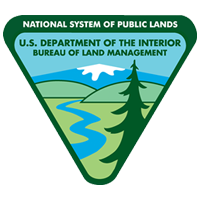
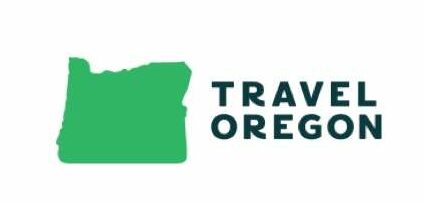
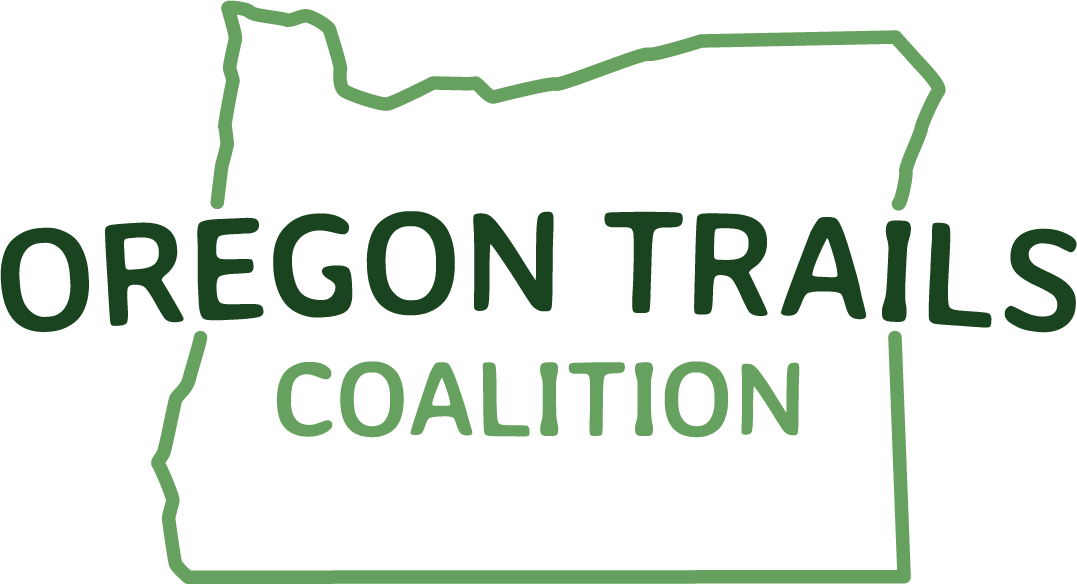
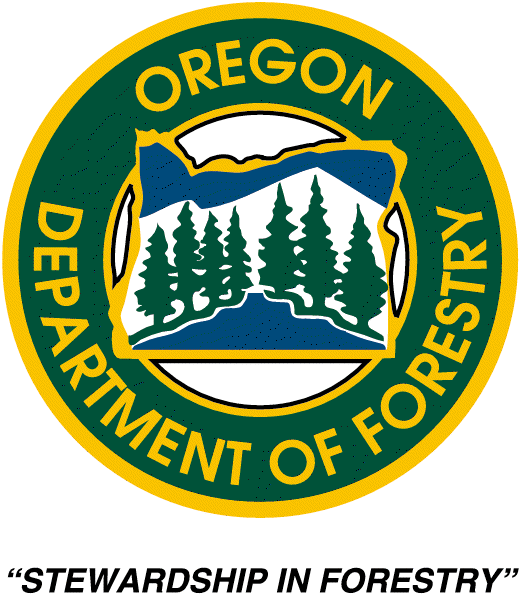


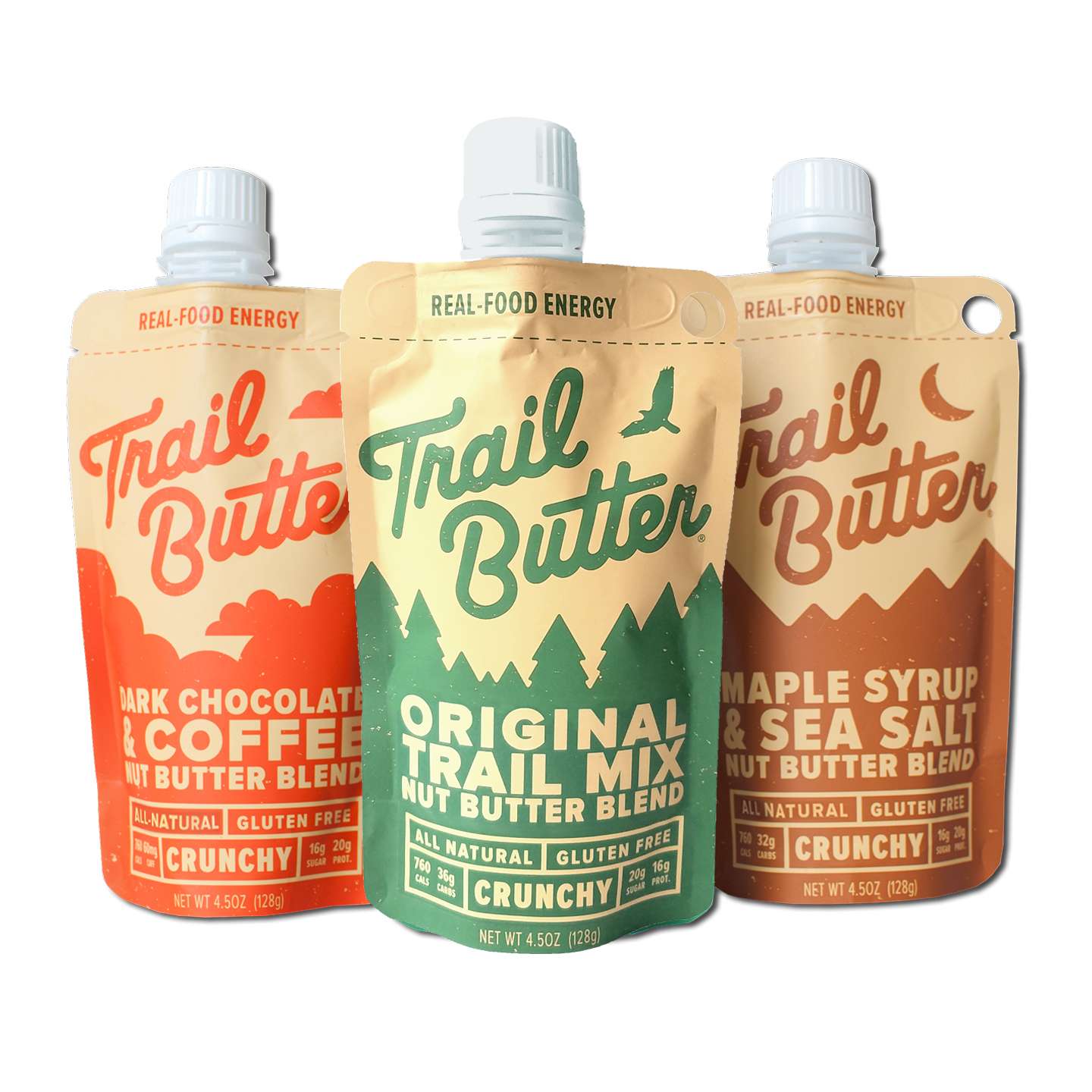

Want to Get Involved?
Email volunteers@trailkeepersoforegon.org to learn more about how you can help us advocate for Oregon’s trails. Or contact us at:
Trailkeepers of Oregon
P.O. Box 14814
Portland, Oregon 97293
(971) 206-4351
Subscribe for News and Events
Trailkeepers of Oregon
P.O. Box 14814
Portland, OR 97293
(971) 206-4351

